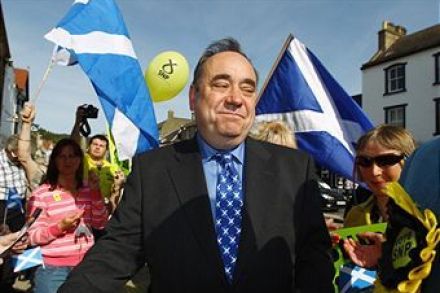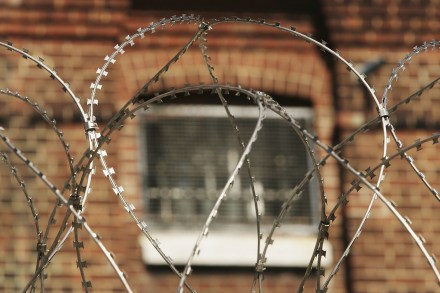Salmond’s next stop: testing the Act of Union
Fresh from his astonishing victory in Holyrood, Alex Salmond has declared his next stage is an independence referendum. This is scoffed at: technically he has no powers to do so and a maximum of a third of Scots back independence. But it’s a brave man who’d bet against Alex Salmond right now, and there are many reasons to take seriously the prospect of Scottish independence. Here are some. 1) Scotland is making a mockery out of received wisdom. A few weeks ago, Labour was cruising towards victory. When the Scottish Parliament was designed, the prevailing wisdom suggested that the SNP could never win a majority because the electoral system




















